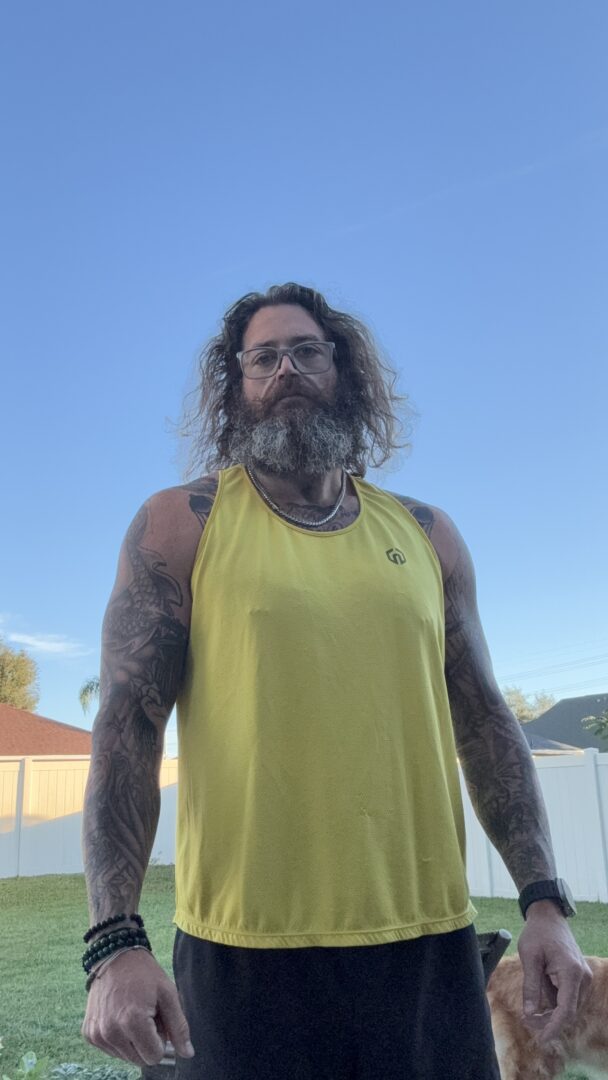Alright – so today we’ve got the honor of introducing you to Adam Peters. We think you’ll enjoy our conversation, we’ve shared it below.
Adam , thanks so much for taking the time to share your insights and lessons with us today. We’re particularly interested in hearing about how you became such a resilient person. Where do you get your resilience from?
My resilience wasn’t built in a day – it was forged through a lifetime of challenges, starting way before I ever put on a uniform. Being the oldest of three in a broken home, I had to be strong not just for myself, but for my siblings. When you’re watching your mother use you and your siblings as pawns against your father, you learn to adapt, to protect, to endure. That was my first battlefield, really.
Growing up with glasses and an eye patch in an era when that made you a target – that was another layer. Kids can be brutal, and I had to develop thick skin while trying to shield my younger siblings from seeing how much it actually hurt. You learn to wear armor early, not the kind you get issued, but the emotional kind you build yourself.
Then came the Army and four combat deployments. That’s where resilience took on a whole new meaning. But here’s the thing – I didn’t just develop resilience in combat. The military amplified what was already there, what had been building since childhood. Every time life knocked me down – and it knocked me down plenty – I got back up because that’s what I learned to do from day one.
The real breakthrough came through ayahuasca with Heroic Hearts Project. That experience showed me that resilience isn’t just about being tough or pushing through – it’s about understanding why we are the way we are. It helped me connect those dots from childhood to military service to where I am now. It showed me that what I thought was just ‘military PTSD’ actually had deeper roots in my childhood experiences.
So where does my resilience come from? It comes from every layer of my life experience – from being that kid with glasses and an eye patch trying to stay strong for his siblings, to the soldier who faced combat four times, to the veteran who was willing to explore alternative healing through ayahuasca. Each challenge didn’t just make me stronger – it taught me a different aspect of resilience.
Today, I use all of these experiences in my work with veterans because I understand that resilience isn’t just about military service – it’s about understanding your whole story, from childhood to present day. That’s why I’m so passionate about helping others see that their struggles often go deeper than their military experience, and their strength does too.
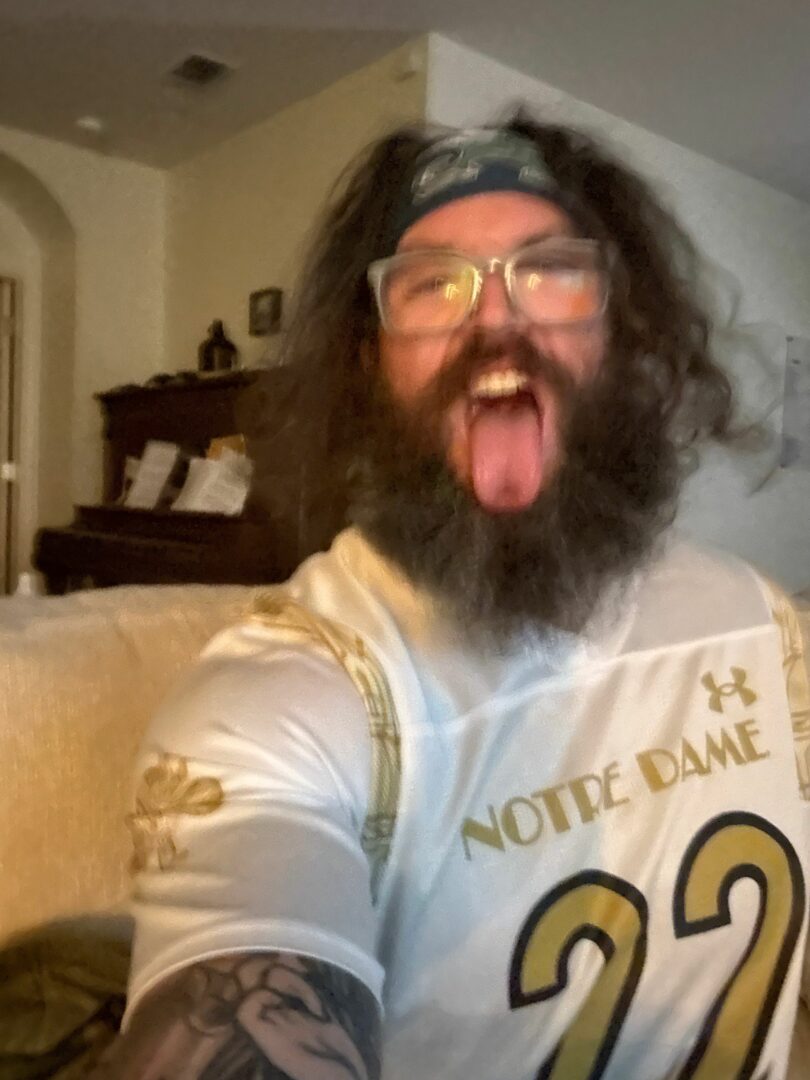
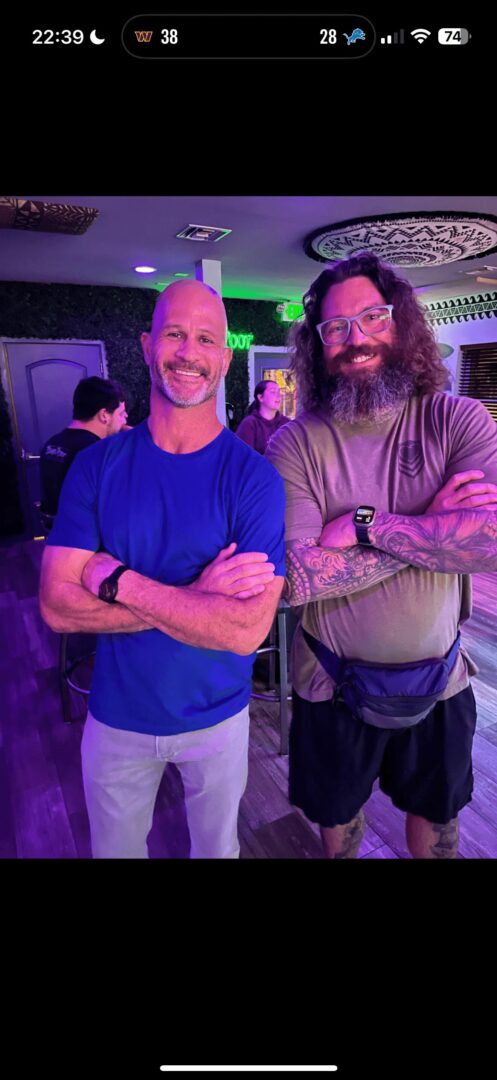
Let’s take a small detour – maybe you can share a bit about yourself before we dive back into some of the other questions we had for you?
I’m Adam Peters, and I’m here to unfuck veteran transitions – that’s not just a catchphrase, it’s my mission. Through The Strategic Veteran podcast and the Stronghold community, I’m building bridges between military and civilian life, but I’m doing it differently than most.
What makes my approach unique is that I don’t just focus on the military-to-civilian transition – I look at the whole person, the whole story. Through my own journey of childhood challenges, four combat deployments, and transformative experiences including work with Heroic Hearts Project, I’ve learned that our strength as veterans comes from understanding our complete journey, not just our service.
What excites me most about my work is the raw authenticity of it all. Through TSV, I’m not just helping veterans tell their stories – I’m helping them build better lives through AI automation and personal development. But here’s what really gets me fired up: watching veterans realize they don’t have to wait for someone to value their service – they can build something people can’t ignore.
The Strategic Veteran podcast isn’t just another veteran podcast. We’re telling the stories that others won’t – from UK veterans like Darren Palatina who boldly states ‘nobody gives a shit when you leave the military’ to individuals who are just starting out and second-guessing themselves. Every story matters because somewhere out there, another veteran needs to hear it.
What’s new? We’re scaling up significantly in 2025. The Stronghold community has evolved into something bigger – it’s no longer just for veterans in business, but for anyone looking to live better lives, no matter where they are in their transition journey. I’m excited to be speaking at the University of Chicago Military Transition Summit in August this year, where I’ll be sharing insights about holistic transition approaches.
But here’s what I want readers to really understand: this isn’t about me. It’s about building a movement where veterans stop waiting for permission to succeed. Whether it’s through our brand workshops, our podcast, or our automation solutions, we’re creating pathways for veterans to build their own tables instead of waiting for a seat at someone else’s.
The most special part? Watching people realize they don’t have to choose between their military experience and civilian success – they can leverage one to create the other. That’s what gets me up in the morning, and that’s what keeps me pushing forward, even when it’s hard.
For those interested in joining this mission, you can find me on LinkedIn where I share raw, unfiltered content about transition and personal growth, or check out The Strategic Veteran podcast where we’re having the conversations others won’t have. Because at the end of the day, this isn’t just about transition – it’s about transformation.
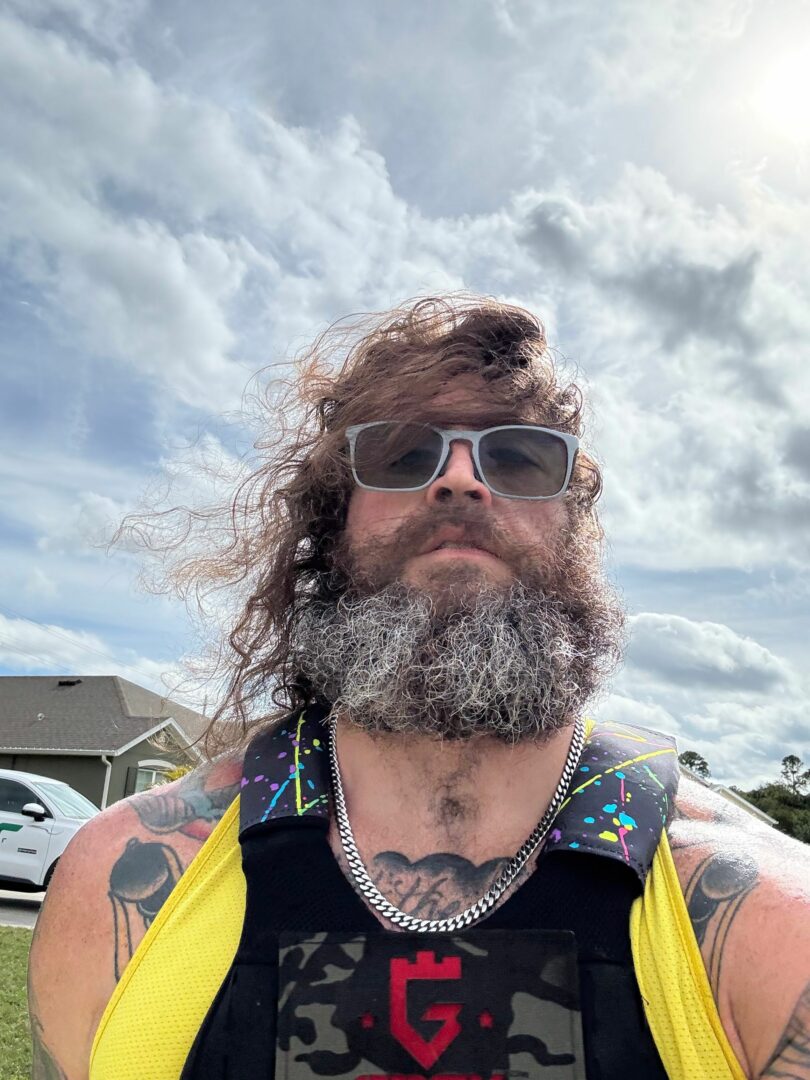
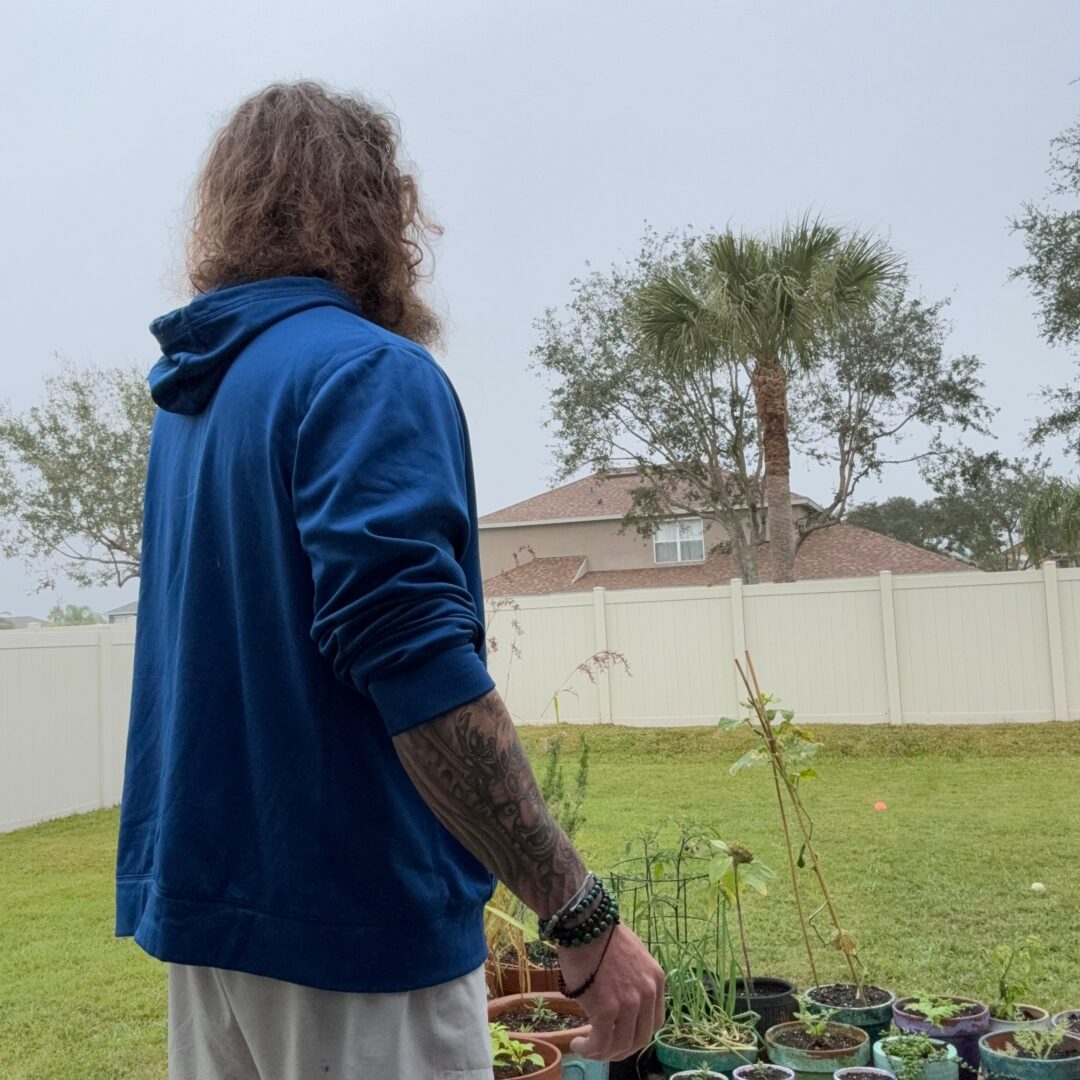
If you had to pick three qualities that are most important to develop, which three would you say matter most?
Looking back, three key elements stand out as game-changers in my journey:
Discipline Discipline is the foundation of everything I do – it’s the one thing that’s never abandoned me. Through childhood challenges, four combat deployments, and now building TSV, discipline has been my north star. When I was struggling with my transition, discipline was there. When I was 100 pounds overweight, discipline helped me lose it all in 11 months. It’s about doing what you said you would do, regardless of how you feel. My advice? Start with small commitments and keep them. Whether it’s waking up at the same time every day or showing up for your community – discipline is what separates wishful thinking from actual results.
Resilience Through Community From protecting my siblings while wearing an eye patch and glasses, through four combat deployments, to building The Stronghold community today – I’ve seen how connection amplifies resilience. Everyone faces their own battles, but nobody wins wars alone. For those early in their journey: start building your support network before you think you need it. The Stronghold isn’t just for veterans anymore – it’s for anyone committed to living better lives, because these principles are universal.
Growth Mindset Through my experience with plant medicine and building TSV, I’ve learned that growth isn’t optional – it’s essential. Being open to evolution while maintaining your core values is crucial. What I’m sharing at the University of Chicago Military Transition Summit this August is that transition isn’t a single event – it’s a continuous process of evolution.
For those early in their journey, here’s my advice: First, commit to discipline – it’s the foundation everything else builds upon. Start small, but be consistent. Second, build your community before you need it – find people who challenge you to be better. Finally, stay open to growth – every major breakthrough in my journey came from stepping outside my comfort zone.
Remember, these aren’t just military transition skills – they’re life transformation skills. Whether you’re leaving the service tomorrow or years from now, these principles apply to everyone at every major fork in the road of life. As I always say, discipline is the only thing that’s always been there for me. It’s never abandoned me, and it’s the only thing that seems to get better and easier in my life the more I practice it
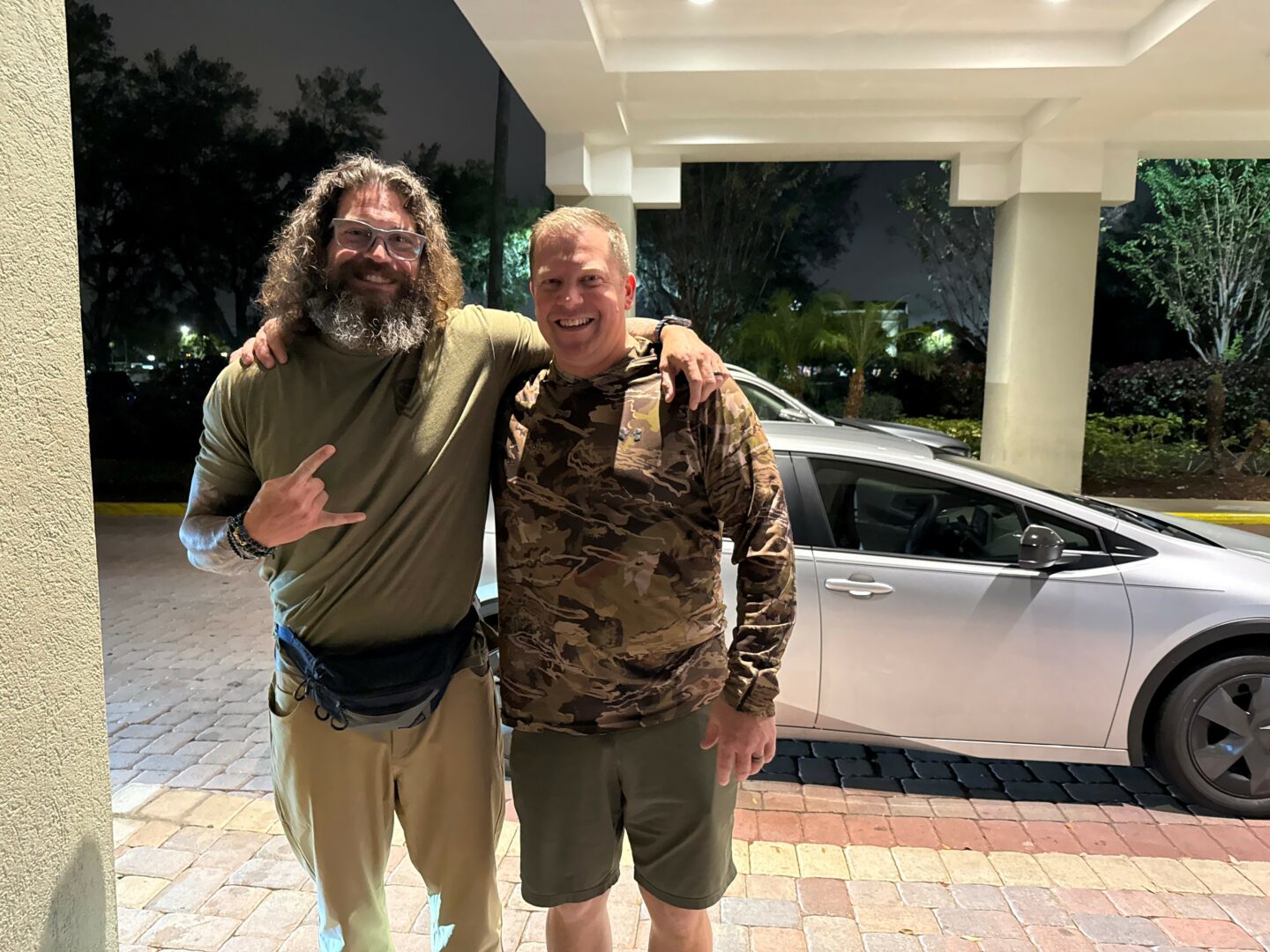
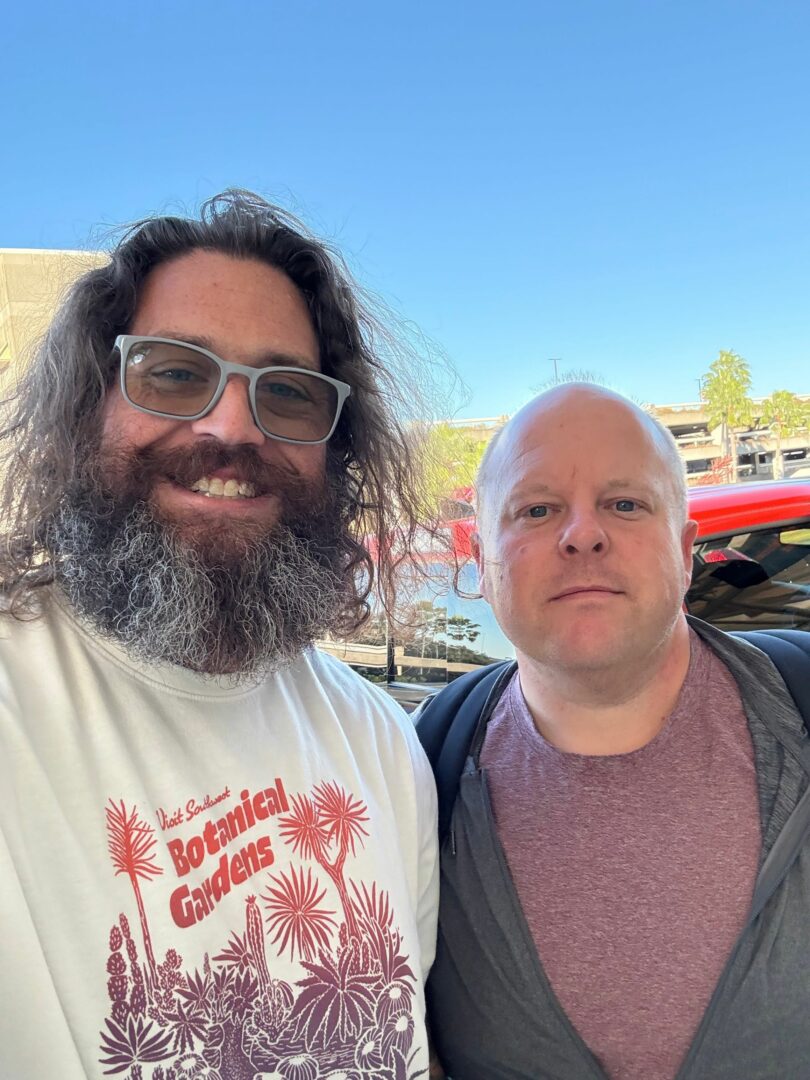
Awesome, really appreciate you opening up with us today and before we close maybe you can share a book recommendation with us. Has there been a book that’s been impactful in your growth and development?
Three books have been absolutely transformative in my journey:
Atomic Habits by James Clear This book revolutionized how I approach change and progress. The concept that really hit home is that you don’t rise to the level of your goals – you fall to the level of your systems. When I was 100 pounds overweight, it wasn’t about making a dramatic change overnight; it was about building systems that made success inevitable. The 1% rule became my foundation – focus on getting just 1% better each day. This approach helped me not just with physical transformation, but with building TSV and The Stronghold community.
Think and Grow Rich by Napoleon Hill The biggest takeaway here is the power of definiteness of purpose combined with unwavering persistence. What resonated most was the concept of the Mastermind – the idea that your success is directly influenced by the five people you spend the most time with. This principle is exactly why I built The Stronghold the way I did – creating an environment where people can surround themselves with others committed to growth and transformation.
The Psychology of Money by Morgan Housel This book completely reframed how I think about success and wealth. The most powerful concept is that doing well with money isn’t about what you know – it’s about how you behave. Just like in transition, it’s not about having all the answers; it’s about having the right mindset and behavior patterns. The idea that ‘room for error’ is different from being wrong really shaped how I approach building systems for veterans in transition.
What makes these books particularly powerful is how they complement each other: Atomic Habits gives you the practical framework for building better systems, Think and Grow Rich provides the mindset foundation, and The Psychology of Money helps you understand the behavioral aspects of success.
But here’s the thing – it’s not just about reading these books. It’s about implementing their principles consistently. That’s why at the University of Chicago Military Transition Summit this August, I’m sharing how these concepts specifically apply to military transitions. Because whether you’re leaving the service tomorrow or years from now, these principles are universal in creating lasting transformation.
Contact Info:
- Website: https://thestrategicveteran.com
- Facebook: https://www.facebook.com/profile.php?id=61563037727718
- Linkedin: https://www.linkedin.com/in/thestrategicveteran/
- Youtube: https://www.youtube.com/@thestrategicveteran
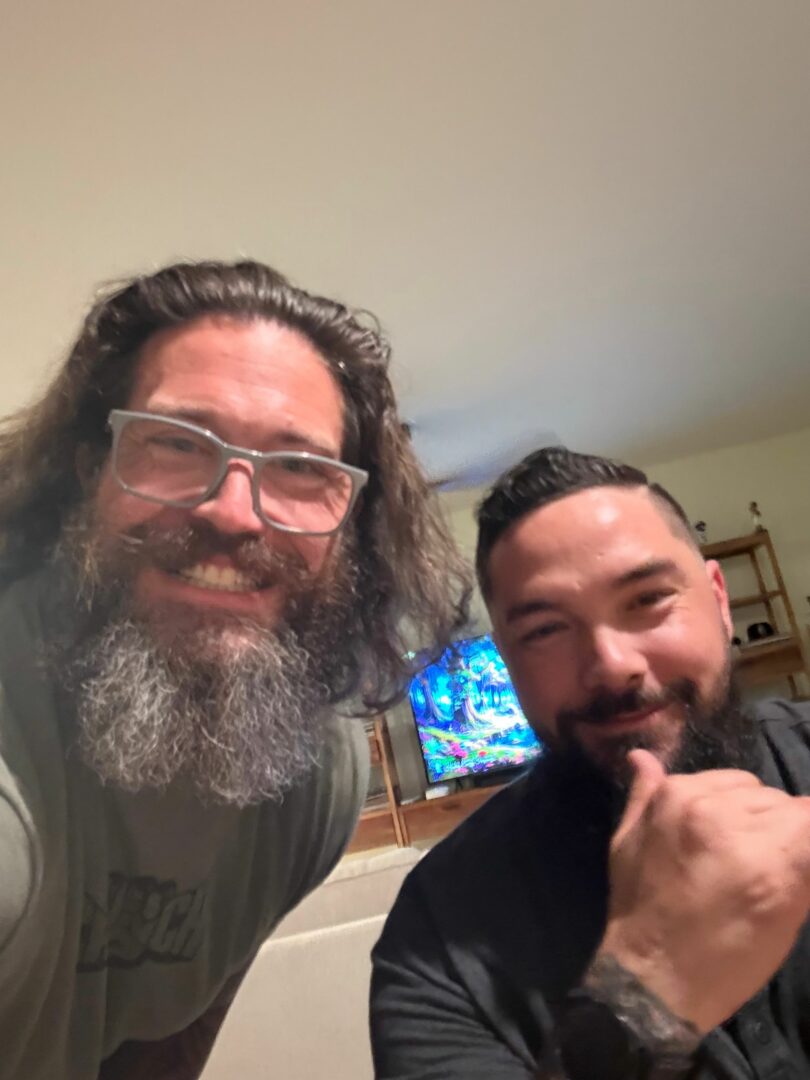
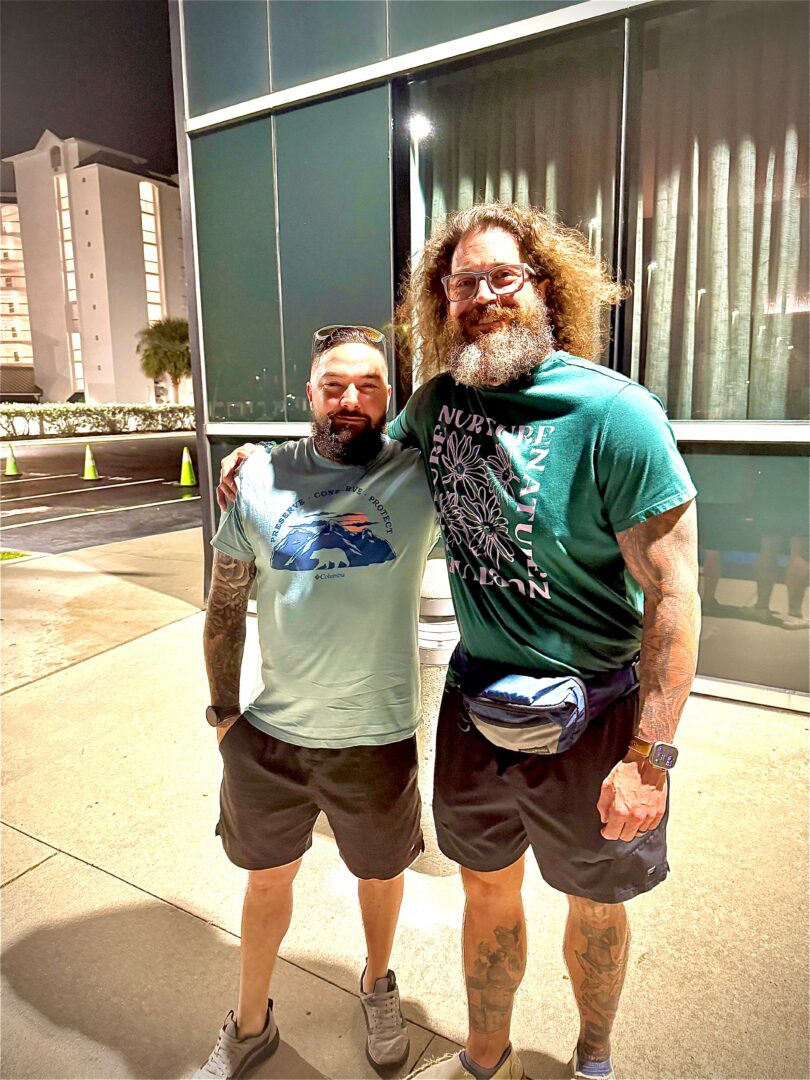
so if you or someone you know deserves recognition please let us know here.

